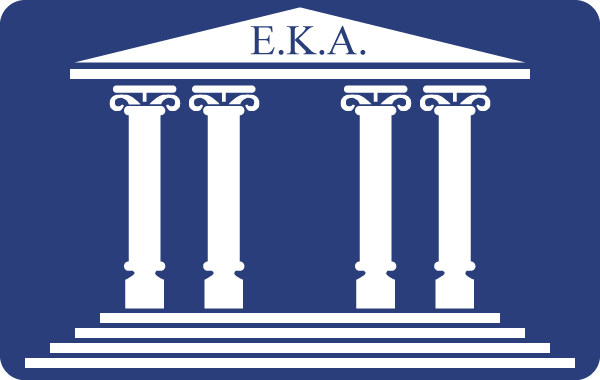Category: EGYPT
-
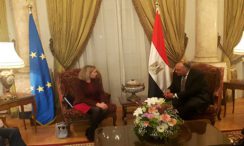
Egypt’s FM discusses regional issues with EU High Representative Mogherini
Egypt’s Minister of Foreign Affairs Sameh Shoukry met on Tuesday with High Representative of the EU for Foreign Affairs and Security Policy Federica Mogherini in Cairo where they discussed a number of international issues, the foreign ministry said on Tuesday. A statement by the ministry’s spokesperson said that Shoukry and Mogherini discussed Egyptian-EU relations as…
-
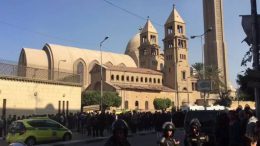
25 dead, 49 injured in explosion inside Coptic Cathedral in Cairo
At least 25 people died and 49 were injured in an explosion inside Saint Mark’s Coptic Orthodox Cathedral in Abbasiya, according to state TV. Army forces were deployed at the scene after the attack, security sources told Daily News Egypt on condition of anonymity, adding that casualties may increase. Eyewitnesses said the explosion took place at about 10am,…
-
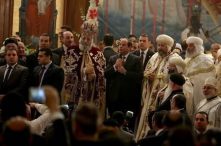
Egypt’s law on building churches dashes Christian hopes for equality
After 160 years of tight restrictions on building churches in Egypt, a highly anticipated law regulating the construction of churches was passed on 30 August 2016. But many Coptic Christians and rights organisations say that the law will do very little to practically change discrimination against Christians who represent 10 percent of Egypt’s more than 90 million citizens, most of who…
-
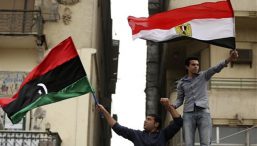
Greece plays a mediator between Libya and Egypt
The Greek Foreign Minister, Nikos Kotzias, said his country is trying to obtain the role of a mediator between Libya and Egypt and help in the implementation of the Skhirat-signed political agreement. In a joint presser Monday with the Foreign Minister of the Government of National Accord (GNA) Mohammed Sayala, Kotzias said Greece’s interest lies…
